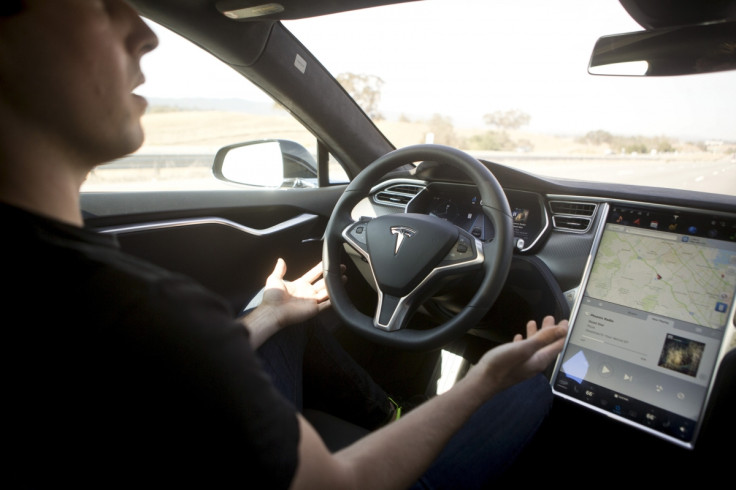Tesla Autopilot to remain in beta until it is ten times safer than a human driver
Musk says Autopilot would not be switched off in a 'Master Plan Part Two' blog post.
Disabling Tesla's controversial Autopilot self-driving system would make no more sense than switching off the autopilot of an aircraft, claims Elon Musk. The Tesla chief executive has been criticised since a Tesla Model S owner was killed in an accident that he and the Autopilot feature, which was switched on at the time, failed to spot and avoid.
US road-safety regulators and investigating the incident and what part Autopilot played, while lawyers have argued that the feature's name is misleading, giving drivers more confidence than is appropriate.
But Musk remains confident that keeping the system switched on is the way forward, and that 'fleet learning', where all Teslas driven worldwide share what they learn on a daily basis, would make them much safer than humans.
Autopilot will soon have a deaths-per-mile rate half that of the US average, which is one death per 89 million miles, "and the system gets better every day," Musk said in a company blog post. "It would make no more sense to disable Tesla's Autopilot, as some have called for, than it would to disable autopilot in aircraft, after which our system is named," he added.

Musk also addressed why Tesla still called Autopilot a 'beta' piece of software, a name usually reserved for products which are usable, but not yet finished and are still being developed. "This is not beta software in any normal sense of the word," he explains. "Every release goes through extensive internal validation before it reaches any customers. It is called beta in order to decrease complacency and indicate that it will continue to improve... Once we get to the point where Autopilot is approximately 10 times safer than the US vehicle average (one death per 890 million miles), the beta label will be removed."
As for why Tesla is deploying partial autonomy now and not waiting until cars can fully drive themselves, Musk said: "The most important reason is that, when used correctly, [Autopilot] is already significantly safer than a person driving by themselves and it would therefore be morally reprehensible to delay release simply for fear of bad press or some mercantile calculation of legal liability."
Musk also believes regulators will resist allowing fully autonomous vehicles to be used by the public until such cars have covered 6bn miles (10bn km). At the current rate of three million autonomous miles driven globally each day, this would take around nine years.
© Copyright IBTimes 2025. All rights reserved.






















